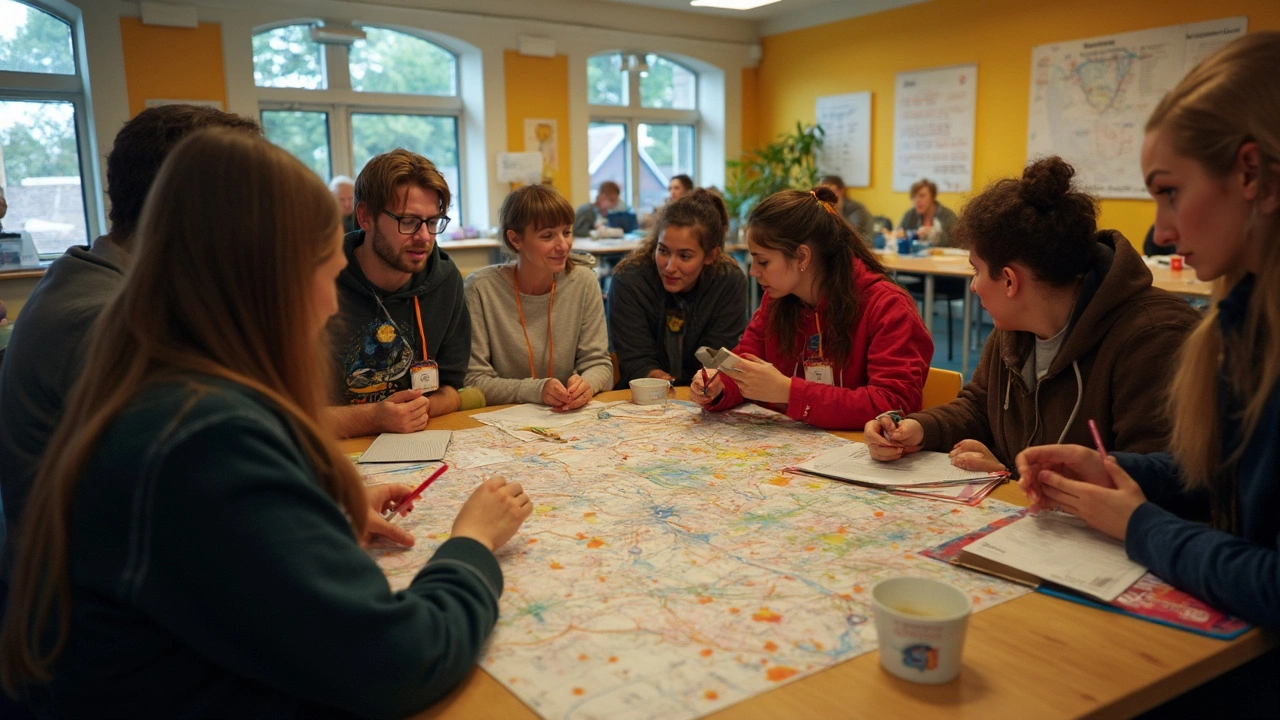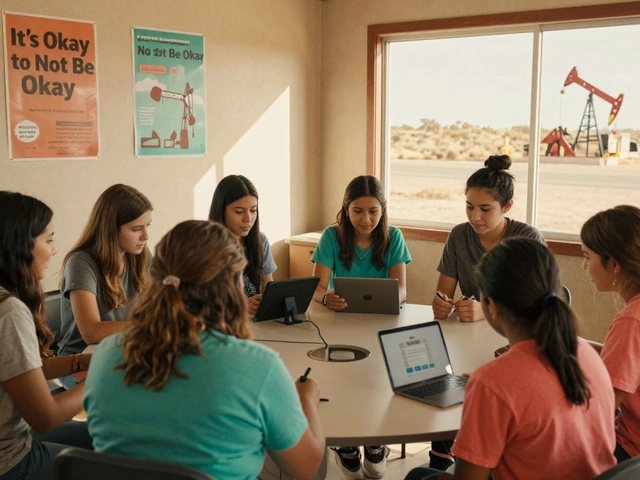Volunteer Management: Simple Steps for Holy Family Parish
Running a church means more than Sunday services – it’s about people giving their time to help. When volunteers feel organized and valued, everything from soup kitchens to youth groups runs smoother. Here’s a no‑nonsense guide that lets you keep volunteers happy, keep projects on track, and make the most of every helping hand.
Why good management matters
Without a clear plan, volunteers can get confused, double‑booked, or burnt out. That often leads to missed events, frustration, and even people quitting. A solid system shows respect for their time, lets you match skills to tasks, and makes it easy to see what needs doing next. In a parish setting, that means more meals served, more kids mentored, and a stronger community.
Practical ways to organize volunteers
1. Create a simple sign‑up sheet. Use a Google Form or a printed table at the church hall. List the activity, date, time, and a brief role description. Ask for one contact method only – that keeps the list tidy.
2. Assign a point person for each project. Give that person a short checklist: confirm who’s coming, send a reminder a day before, and thank everyone afterward. When the point person knows exactly what to do, the whole team feels less lost.
3. Match skills to tasks. When you talk to a new volunteer, ask what they enjoy – cooking, teaching, driving, or fixing things. Then place them where they can use that skill. A kid‑group leader who loves crafts will keep the children engaged, while a retiree who enjoys paperwork can handle registrations.
4. Keep communication short and clear. A single email or WhatsApp message with the event name, time, location, and any needed items works best. Avoid long paragraphs; bullet points are easier to read.
5. Celebrate small wins. After each event, send a quick thank‑you note or mention the volunteers in the parish bulletin. A little recognition goes a long way and encourages people to sign up again.
For larger projects, break them into stages. For example, a charity fundraiser might need a planning phase, a promotion phase, and a day‑of‑event phase. Assign volunteers to each stage and set clear deadlines. That way you can see progress at a glance and move stuff forward without bottlenecks.
Don’t forget to track hours. A simple spreadsheet with names, dates, and hours helps when you need to report to diocesan leaders or grant makers. It also shows volunteers how much they’ve contributed, which feels rewarding.
If a volunteer can’t make it, have a backup list ready. People often drop out last minute, and a short “stand‑by” pool of people can fill gaps without scrambling.
Finally, ask for feedback. After a big event, send a short survey: what worked, what didn’t, and what could be improved. Most volunteers appreciate being heard, and you’ll collect ideas that make future events even better.
By keeping things organized, communicating clearly, and thanking volunteers often, Holy Family Parish can turn good intentions into lasting impact. Try one tip this week, see how it feels, and add another soon. Your volunteers will notice the difference, and the whole community will benefit.
Start today and watch your parish grow stronger together.

How to Organize Community Outreach: Smart Steps for Maximum Impact
Want your community outreach to actually matter? This article breaks down simple, tried-and-true steps for planning, building teams, and running a meaningful outreach effort. Get tips straight from real people who’ve pulled it off—plus smart hacks for making your event stand out. No buzzwords, just clear help for anyone who wants to make a real difference. Whether you’re new or experienced, you’ll walk away knowing how to connect and spark real change.
Read More
Outreach Roles Explained: Who Does What and Why It Matters
Community outreach isn’t just about showing up and helping out—it’s built on clear roles that make everything run smoothly. This article breaks down who does what in outreach, from planning to hands-on help, and why every role is vital. Get real-world examples, plus some handy tips to make your outreach more effective. By the end, you’ll know exactly where you could fit in or what to look for in a strong outreach team. This is for anyone who wants to get things done, not just talk about it.
Read More




